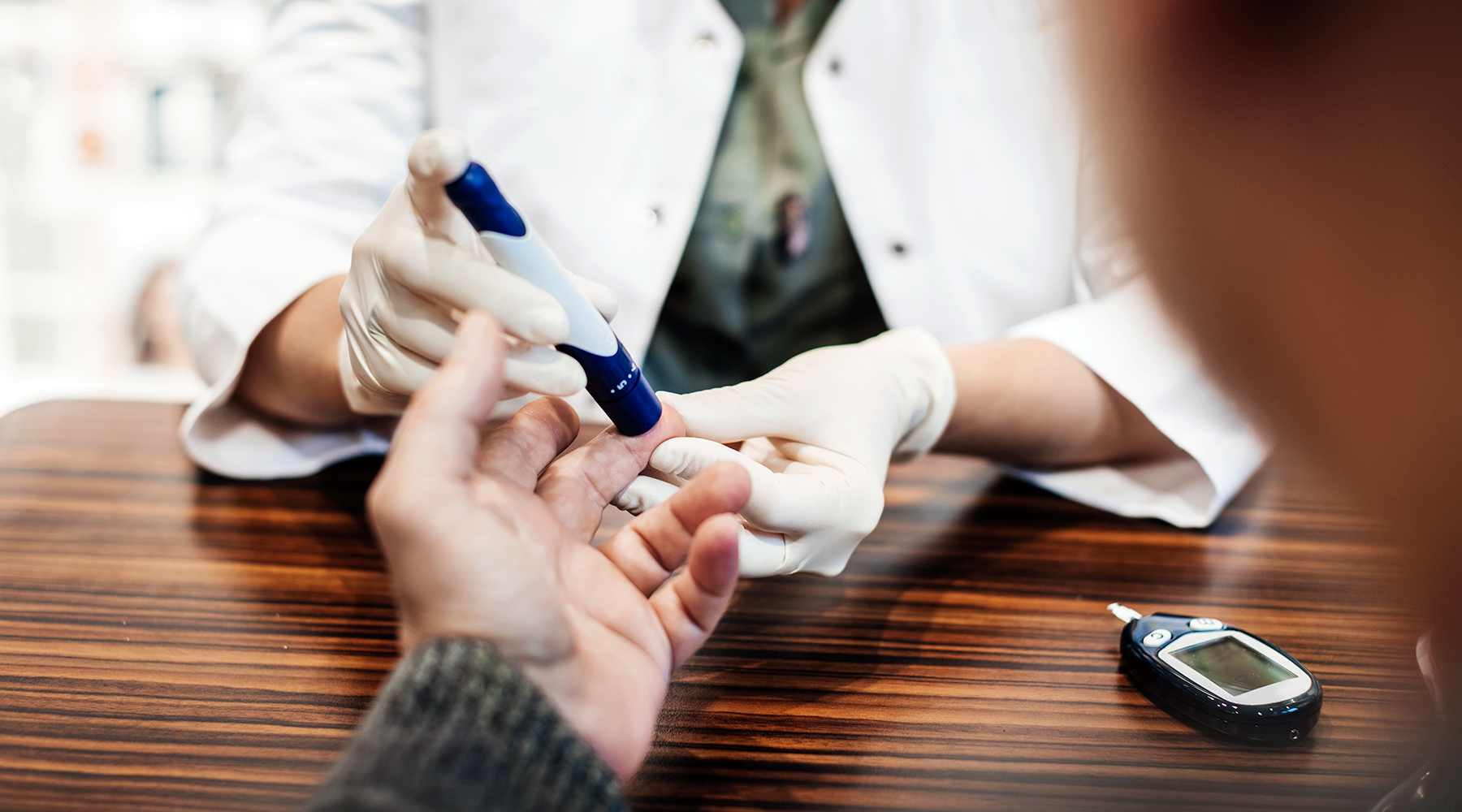State Duma deputy Ivan Sukharev proposed introducing excise taxes on sugar-containing drinks.
This practice is already applied in a number of countries in order to reduce the consumption of this type of product.
A copy of the letter addressed to the head of the Russian Ministry of Health, Mikhail Murashko, is at the disposal of RT.
In his appeal, the legislator noted that excise duties or special taxes on sugar-sweetened beverages in some countries are used as a mechanism aimed at reducing the consumption of these products.
“I ask you to consider the feasibility of introducing a special excise tax on sugar-containing drinks sold in Russia, to assess the possible amount of this tax,” the text of the appeal says.
In addition, the deputy proposed to massively inform the citizens of Russia about the dangers of consuming sugar-containing food products, especially for children, by disseminating such information through the media and the Internet.
Citizens, as noted by the parliamentarian, should understand that sugar-containing products contribute to the occurrence of diabetes, cancer and cardiovascular diseases, and children may develop inflammatory processes in the brain.
Diabetes problem
Back in 2016, the World Health Organization (WHO) called on countries to take action to reduce the consumption of sugar-sweetened beverages, the overuse of which can cause a number of diseases, including diabetes.
At the same time, as the events of 2020 associated with the COVID-19 pandemic showed, in many cases diabetes mellitus can lead to a more severe course of the disease and even death when infected with serious infectious diseases, Sukharev noted.
However, according to him, the number of patients with diabetes mellitus in Russia is only growing, and sugar-containing drinks are still extremely affordable for the citizens of the country.
Sometimes their cost does not exceed the cost of ordinary drinking water.
Gettyimages.ru
© Tom Werner
If in 2015, according to the Ministry of Health, there were about 4.4 million patients with diabetes in the country, then at the beginning of 2020, as noted earlier by the Deputy Prime Minister of Russia Tatyana Golikova, their number increased to 5.1 million.
Moreover, almost a quarter of the Russian population is in a pre-diabetic state, experts from the Ministry of Health noted.
Elvira Gustova, President of the Moscow Diabetes Association, noted that the number of patients with diabetes mellitus in Russia is a serious financial burden on the national healthcare system.
At the same time, she said, it is incorrect to say that sugar-sweetened drinks directly affect the spread of diabetes.
"They lead to obesity, which, in turn, together with other factors, puts a person at risk for both this disease and other serious problems," Gustova said in an interview with RT.
Prices will go up
Special excise taxes or taxes on sugar-sweetened beverages are already in force in a number of countries.
So, in 2018, a similar tax was introduced in the UK.
On January 1, 2021, the so-called sugar tax began to operate in Poland.
The new law will introduce additional deductions for each liter of sweet drink, which will lead to an increase in prices.
Experts believe that the introduction of an excise tax on sugar-sweetened drinks in Russia will also lead to an increase in prices for these products.
“Theoretically, the process of introducing such an excise tax will be carried out according to the traditional algorithm: groups of drinks are formed and approved, each of them is charged with excise duty per liter, and then this tax is automatically added to the unit price and the final cost for the consumer rises by exactly the same amount” , - said Dmitry Petrov, the public ombudsman for certification, licensing and technical regulation, an independent expert on soft drinks, in an interview with RT.
In his opinion, in this case it will not be easy to form this group of drinks.
For example, the question remains whether to include juices in it, since they have different sugar content in the composition.
“Today, the contribution of non-alcoholic beverages to the calorie content of a Russian citizen's diet does not exceed 1% of the total list of food products.
Whereas, for example, in the USA this figure is 12 times higher, ”the expert added.

